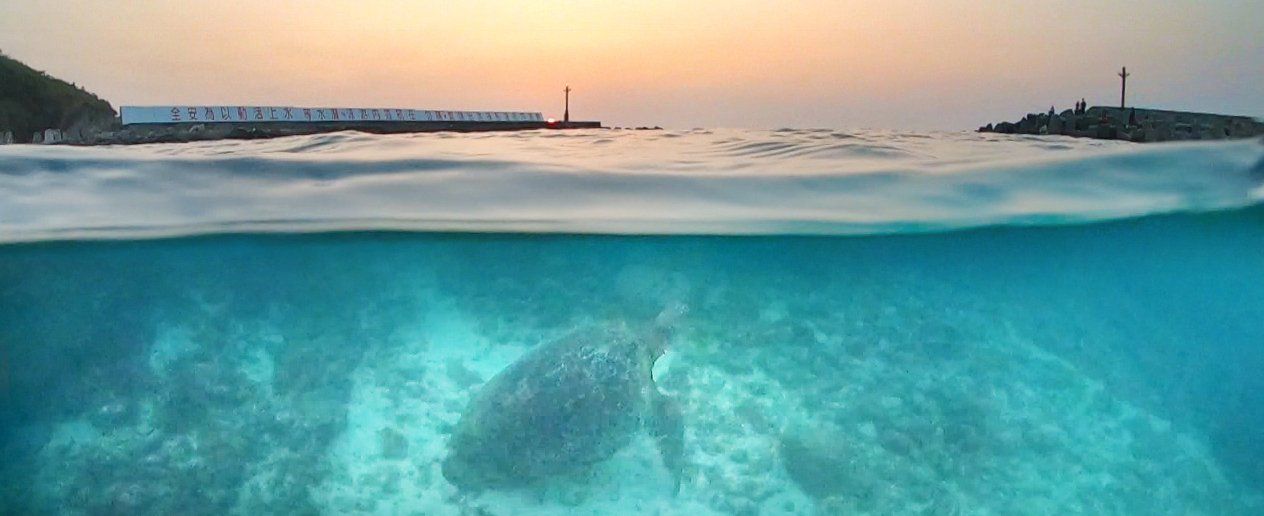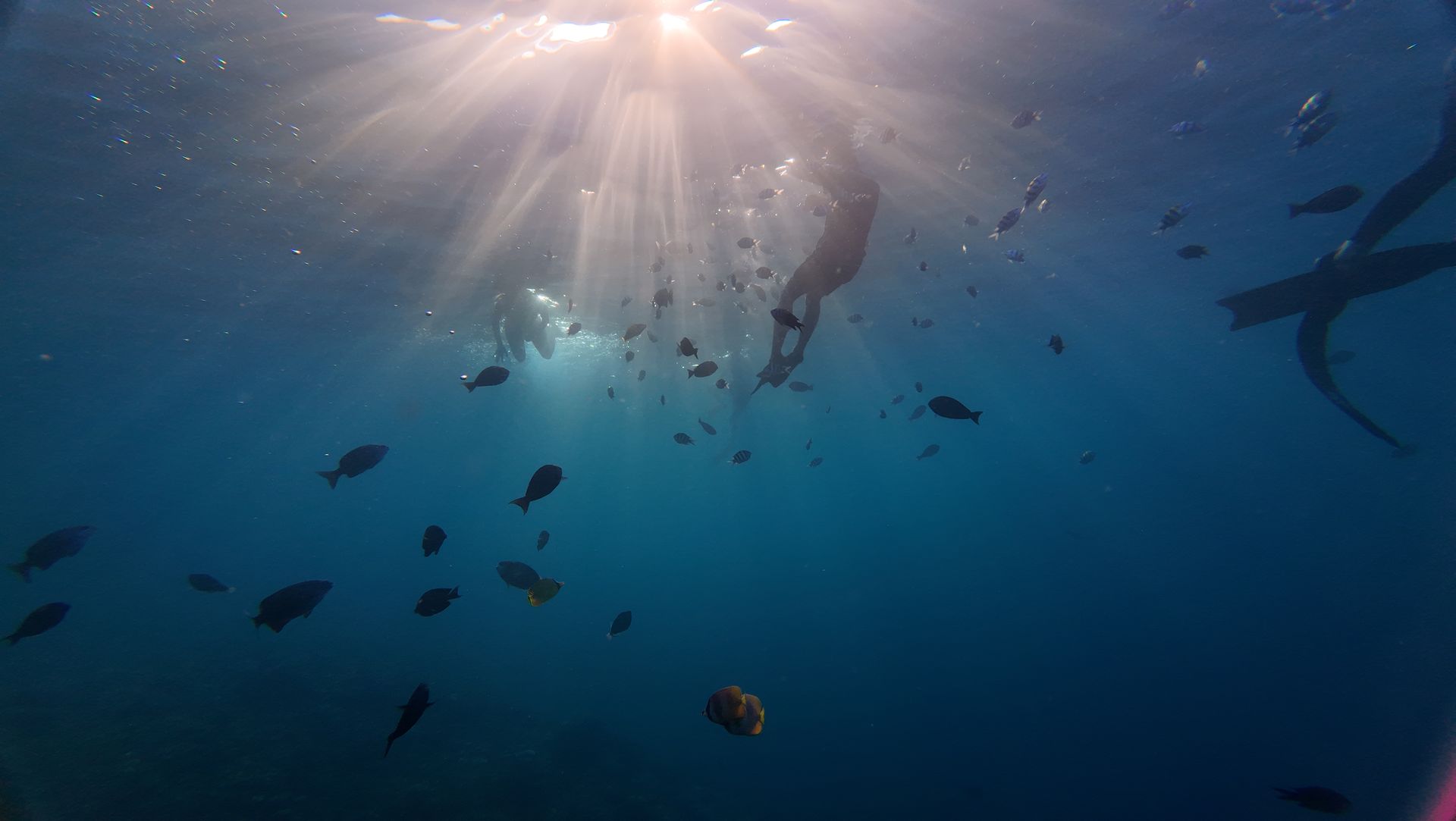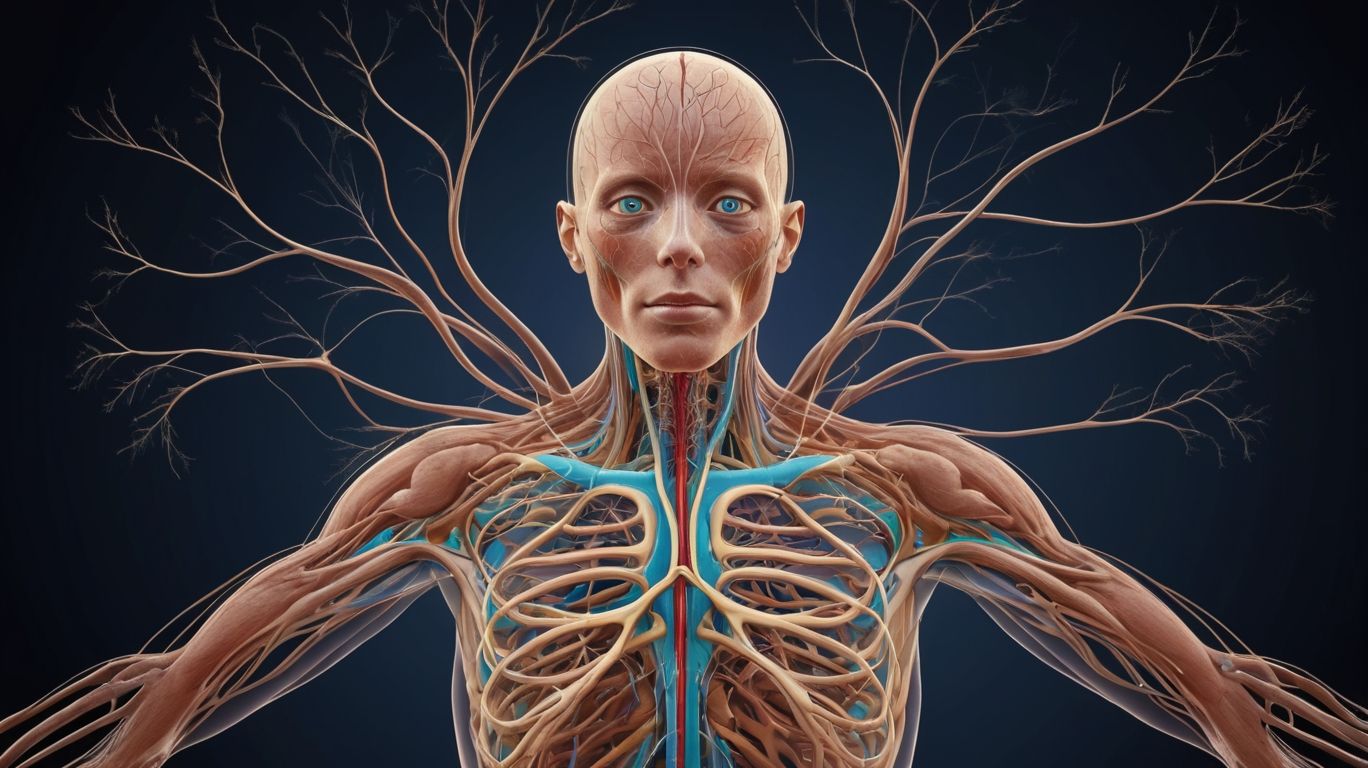And what freediving can teach us about breathing for a longer, healthier life
Most people think of aging in terms of diet, exercise, or genetics. And if you are like me and the social media algorithms serve you many snippets of wellness info then you’ll know about regular sauna use, fitness levels and even coffee drinking as reducing all-cause mortality. But there’s a lesser-known predictor that flies under everyone’s radar: lung capacity.
According to several long-term studies, lung function—specifically forced vital capacity (FVC) and forced expiratory volume (FEV₁)—has been shown to be a strong predictor of lifespan, even more so than cholesterol, blood pressure, or smoking history.
🫁 What the Research Says

- The Framingham Heart Study, one of the longest and most respected cardiovascular studies, found that lower lung function in middle age (measured by FVC) predicted significantly higher risks of heart disease and premature death—even decades later.
- Similarly, the
Buffalo Health Study (Erie County, NY) followed adults for nearly 30 years and found that those with lower FEV₁ had the highest all-cause mortality, regardless of smoking history. Even among healthy non-smokers,
better lung function meant better survival
(lung capacity is a component of lung function).
In both studies, lung function wasn't just a side note—it was the single best predictor of long-term survival in otherwise healthy people.
So… what does this have to do with freediving?
Freedivers train their lungs - on purpose. But not just to go deeper or stay longer underwater. The process of expanding your lung capacity, learning to breathe efficiently, and training your CO₂ tolerance happens to be incredibly good for your health.
In freediving, we develop:
- Stronger diaphragms (via breath-hold training and full-lung stretching)
- Greater lung elasticity (thanks to stretching and thoracic mobility)
- Improved CO₂ tolerance (which have a multitude of benefits including better oxygenation via the Bohr Effect)
- Increased interoception (awareness of internal bodily states, which supports self-regulation)
We learn to slow the breath, relax under pressure, and become deeply in tune with the body. These are skills that translate well beyond the water. They’re nervous system training. They’re stress recovery tools. And they’re protective for long-term health.
And this would improve our lung function and lung capacity.
The Modern Breath Crisis

The average person is breathing too fast, too shallow, and too often through the mouth. Poor posture, chronic stress, and sedentary lifestyles all contribute to dysfunctional breathing patterns that quietly weaken the respiratory system over time.
Freediving flips that on its head. It reminds us what the breath is capable of—how full and intentional breathing can be. It invites us to train not just for depth, but for life.
What You Can Do (Even If You’re Not a Freediver)
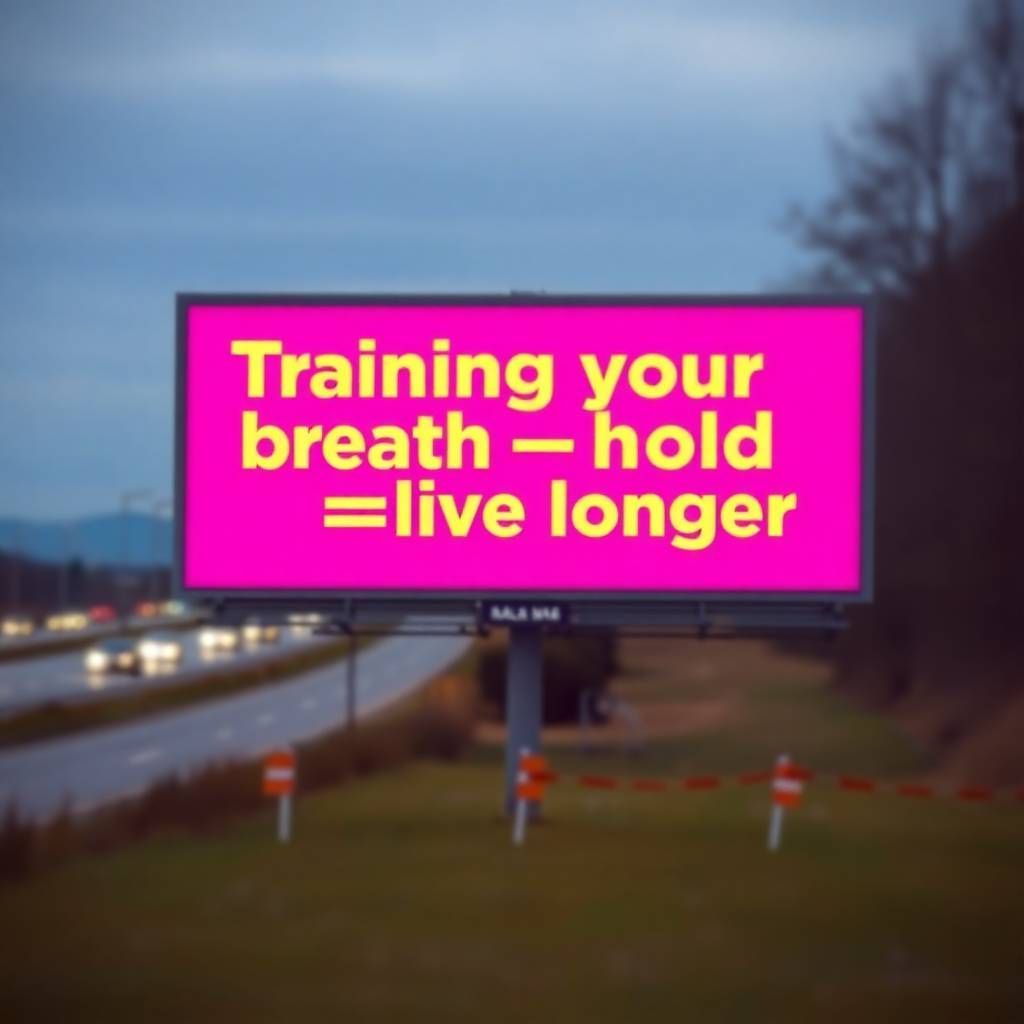
You don’t have to dive to 40 meters to start benefiting from lung training. Try training like a freediver:
- Daily
breath-hold practices (even short static tables)
- Stretching the intercostal muscles (ribcage) and diaphragm
- Practicing
slow nasal breathing throughout the day
- Incorporating yoga or mobility work to open the chest
To start, you can either do this 12 Week Foundational Breathwork by world champion Alexey Molchanov or download this app.
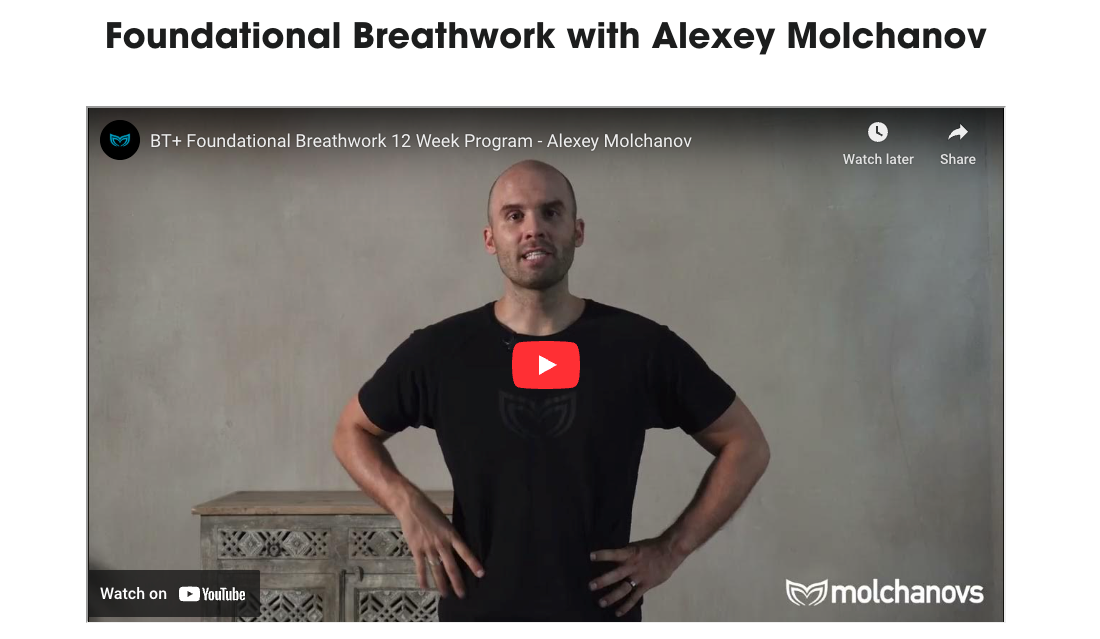
Final Thoughts
Longevity isn’t just about adding years to your life - it’s about adding life to your years. And your breath is central to both. Freediving has taught me that expanding your lungs is about more than depth—it’s about presence, regulation, resilience and thriving.
If you're looking to train your lungs, calm your nervous system, and deepen your relationship with your breath, consider freediving not just as a sport - but as a wellness practice. Your future self will thank you for every breath you take today.
ACTIVITIES RECOMMENDED
JOIN OUR COMMUNITY
Contact Us
Recent Posts
CLICK ICON BELOW TO SHARE POST
